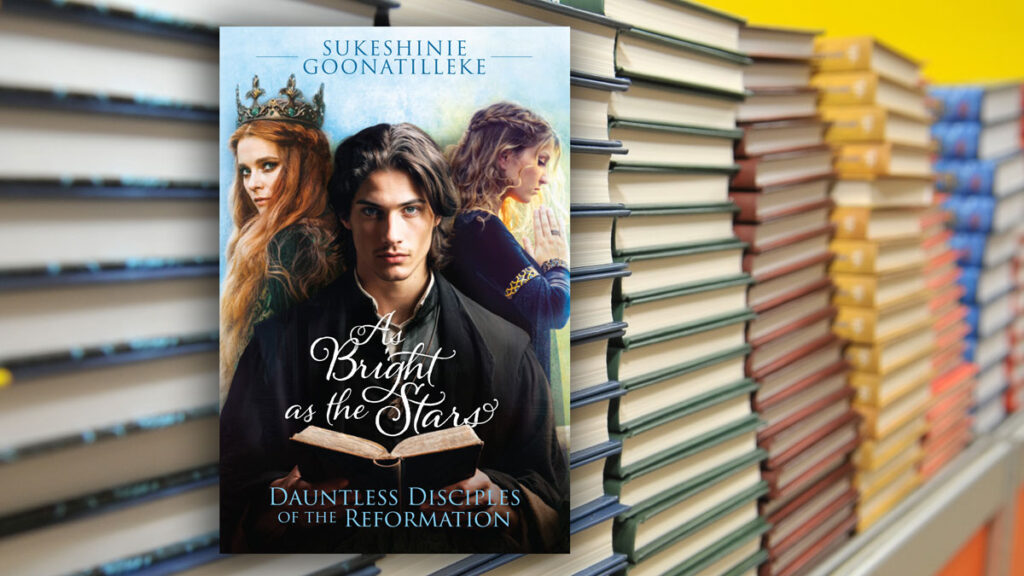Books. I love them. There’s a stack on my bedside table and another on our sideboard. Open a cupboard and you may find a stash of them. There are piles my wife has artfully stacked on the floor. And our bookshelf (the place they’re supposed to live) is full and overflowing, with books lying on top of the books standing proudly in the shelves.
I suppose you won’t be surprised to hear I love reading. It’s a joy, a favourite pastime and one that has no doubt helped me in my career.
Many of the books, probably most in fact, I have only read once. It’s not that I never re-read books, it’s just that there are so many new books to read!
Some books, however, have such depth and importance that they demand to be read again. And again!
One such book is Revelation.
Adventist scholar Sigve Tonstad talks about the importance of re-reading the Bible’s final book. [pullquote]
“In order to participate meaningfully in Revelation’s disclosure, the reader must come to terms with the most important prerequisite for understanding this book: It is not sufficient to be a one-time reader . . . Only a re-reader will have awareness of the whole that is necessary for understanding the parts” (God of sense and traditions of non-sense, p 368).
Revelation is a complex yet beautiful book that serves to complete our picture of God and complete the story arc of the whole Bible. The great conflict’s resolution is revealed. This is why it’s necessary to re-engage and rediscover the book whose name means revealing hidden things. Yet often in our obsession with Revelation we’ve been fixated on prophetic fulfilment. Every time there is a natural disaster we say, “See, we told you the end was nigh.”
Rather than using Revelation to build up our appreciation and understanding of God and Christ’s salvation, we’ve instead tried to predict and prove, and in doing so, we may have lost some of the author’s original intention.
Our present truth seems stuck in past interpretations.
We do not dynamically engage with Scripture, particularly Revelation, to see its relevance to today’s world. Instead of using our wholistic understanding to speak into the world’s problems and bring illumination into dark and difficult situations, we argue the minutiae of what fulfilment the ancient prophecies has seen and how we as a special people fulfil those predictions.
It seems our faith gets reduced to formulaic proof-text faith. Truth is established. All we have to do is regurgitate it to be saved. We stop searching, understanding and applying in favour of easy answers.
Yet there is hope in looking at Revelation again. As readers (and re-readers) we are invited to experience the threefold blessing for those who read, those who hear and those who keep (or take to heart) the words found in the book.
It helps us then to remember three important conditions of biblical interpretation: that the interpretation be logical and consistent with the text itself; submits itself to scriptural tradition; and then to the community of believers who hear and assess the interpretation (Jon Paulien, Hermeneutics, intertextuality and the contemporary meaning of Scripture, p 29). Presumably in this final stage, there needs to be dialogue and open-minded discussion.
In his book Ancient Words, Present Hope, Dr Kayle de Waal, head of Avondale Seminary, provides principles specific to reading Revelation. First and foremost, Jesus is the core of the book. Next, the Old Testament is the context and anchors the text. John uses the OT to reinterpret the covenant promises for the church, local things in the OT become universal and literal things become spiritual.
Christ’s Revelation is dynamic and living. It’s not only historic or futuristic but present, and should be actively read, heard and lived.






